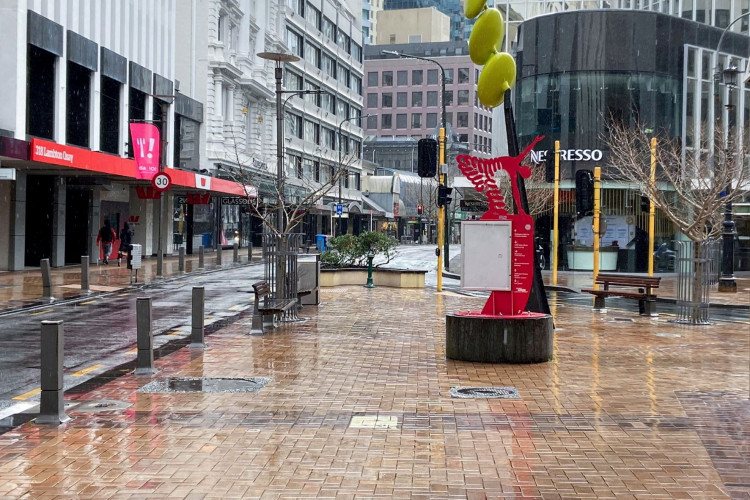New Zealand's border will resume two months sooner, allowing visitors, academics, and migrants from non-visa-waiver nations such as China and India to enter.
From 11:59 p.m. this coming July 31, the border will be open to all. Prime Minister Jacinda Ardern announced the date on Wednesday.
The administration had previously stated that the final reopening stage would take place in October, but that date would most likely be moved up. On July 31, the maritime boundary will be open to cruise liners.
This year, New Zealand has been gradually permitting international travelers to return, in the hopes of reviving a battered tourism industry and adding workers to a labor market plagued by skills shortfalls.
Visa-free visitors from the United States, the United Kingdom, Canada, and Germany were allowed to enter on May 2, while Australians arrived on April 13.
Although China's border remains blocked, making foreign travel impossible for its inhabitants, the administration is hoping that the full recovery will kick-start interest for the high spring and summer tourism seasons.
"New Zealand is in high demand," Prime Minister Jacinda Ardern remarked, adding that the country is now fully open for business.
"We all know that finding skilled personnel is a huge challenge for businesses. This initiative will expand the labor pool accessible while also accelerating our tourism revival," she said.
Immigration Minister Kris Faafoi said the government is resetting its immigration policies to permit businesses to acquire the expertise they want while supporting a shift away from a dependency on low-skilled migrant labor.
It will create a new simplified path to residency for highly qualified individuals in 85 difficult-to-fill positions in the development, engineering, crafts, healthcare, and technology sectors.
"Our realigned immigration approach will be simpler, with fewer categories, increased internet accessibility, and simplified business form operations," Faafoi added.
Employers would not be required to supply as much information and will be able to use their hiring methods to demonstrate that no New Zealanders are available to start. Once an employer has been authorized, Immigration New Zealand will try to issue these visas within 30 days.
The government also stated that 20,000 foreign workers whose visas are set to expire before 2023 will be given a six-month prolongation or a new two-year visa with open employment conditions to keep their expertise.
The virus was initially detected in New Zealand on February 28, just 12 days before the World Health Organization (WHO) announced a global pandemic.
New Zealand went under a statewide lockdown on March 25, 2020, to prevent the deadly COVID-19 virus from spreading across the country.





